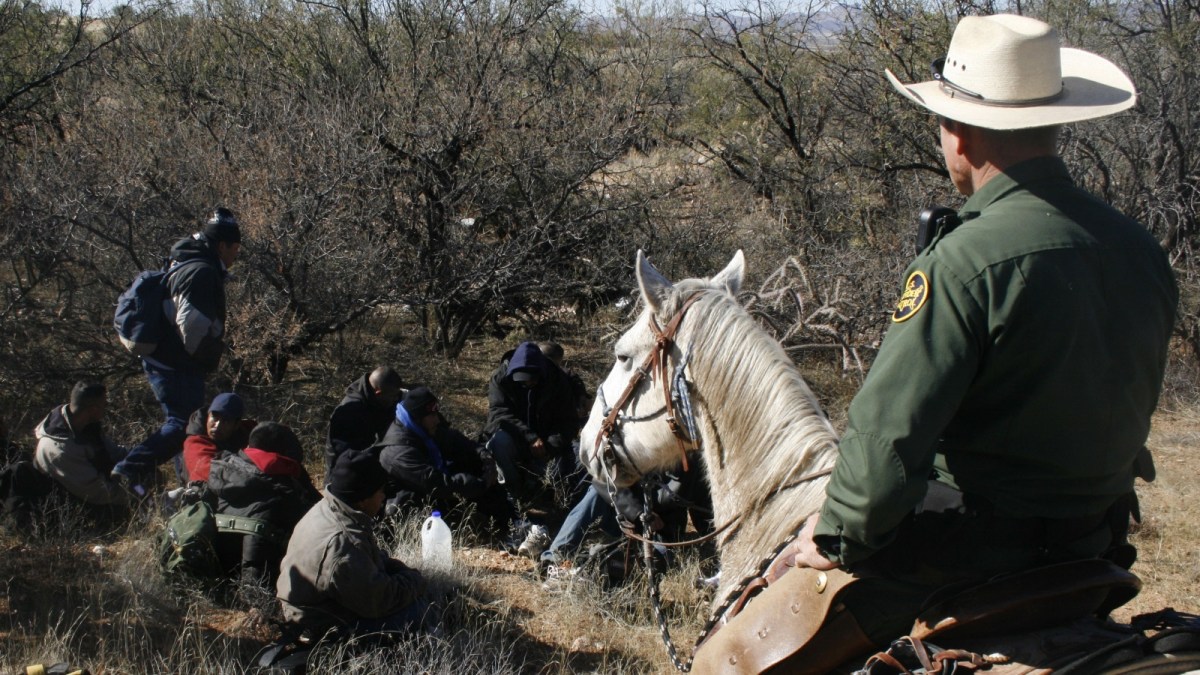US President Joe Biden said that he will deliver a speech dealing with the issue of irregular immigration, and announced his intention to visit the border between the United States and Mexico, which is visited by tens of thousands of irregular immigrants.
And Biden announced yesterday, Wednesday, his intention to visit the border region between the United States and Mexico, ahead of his expected visit to the Mexican capital, Mexico City, next Monday.
The issue of immigration is a sensitive file for the White House, which is facing difficulty so far in developing a long-term strategy to deal with the arrival of immigrants at the border with Mexico, which extends over 3 thousand kilometers.
Biden stated in press statements that he "intends to visit the border area, and we are still working on the details," but he did not say where he would visit along the border.
In Mexico City, Biden will meet his Mexican counterpart, Andres Manuel Lopez Obrador, and Canadian Prime Minister Justin Trudeau.
Chapter (42)
The US administration's immigration policy has so far relied - in large part - on a measure adopted during the era of former President Donald Trump that greatly restricts entry to US soil under the pretext of health concerns.
This legal mechanism - known as "Chapter 42" - was the subject of several judicial battles, and the Supreme Court decided to maintain it on December 27, pending a decision on the substance of the case next spring.
The immigration crisis at the southern border of the United States is one of the favorite topics of the Republicans, who blame Biden for ignoring the issue, and regularly ask him and his deputy, Kamala Harris, to go to these borders.
Human rights activists criticize the procedure currently adopted, which is characterized by the immediate expulsion of migrants without the benefit of any legal effort to oppose it.
Several US states warn of the expectation of a large influx of immigrants after the lifting of "Chapter 42", and the irregular arrival of immigrants at the US-Mexico borders reached record levels, with more than 200,000 people arrested last November.

